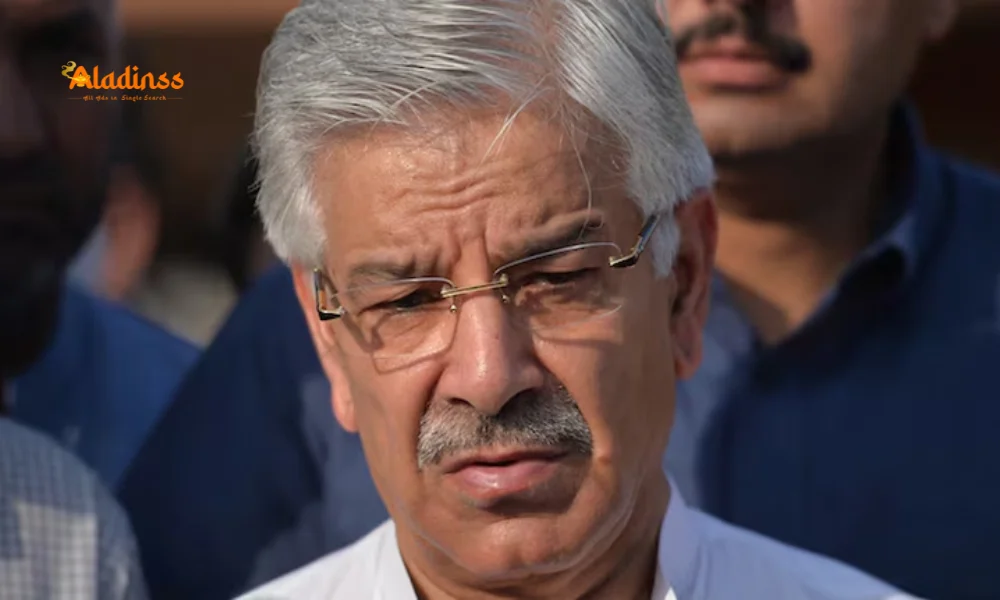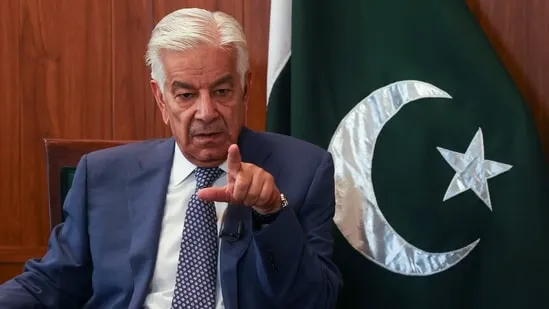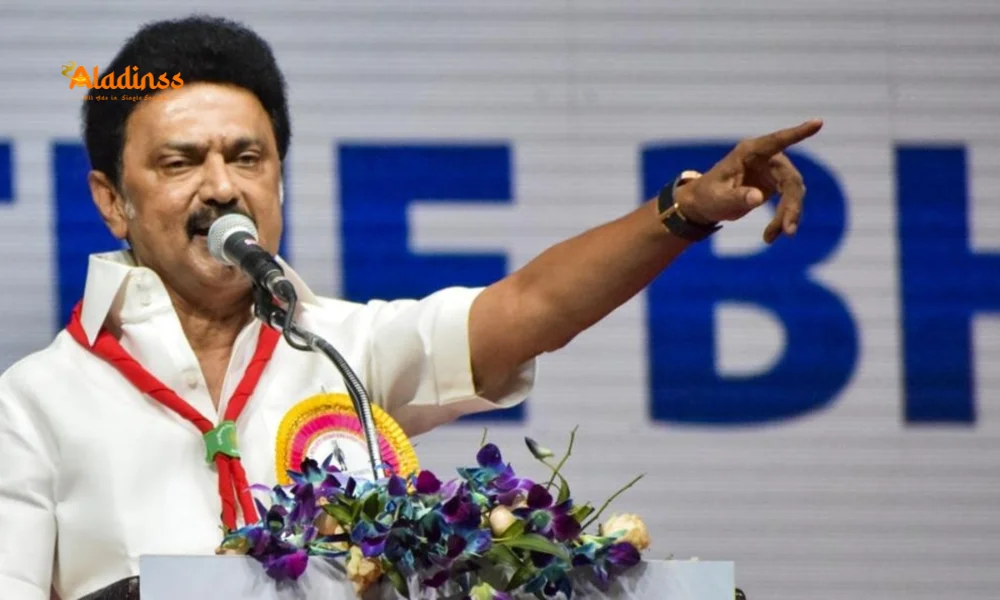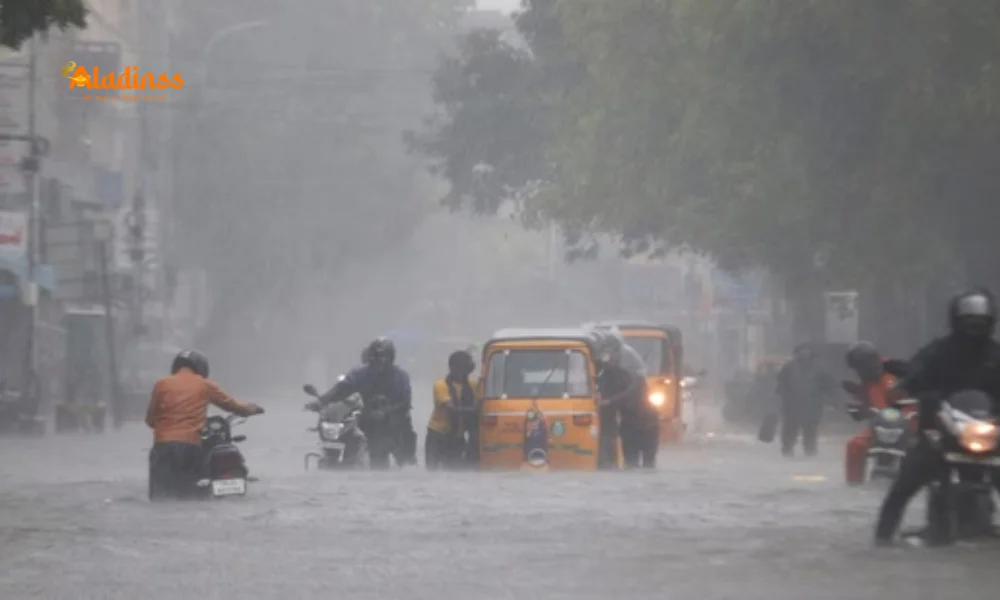Pakistan Readies for Two-Front War vs India-Afghan Clashes

Pakistan Gears Up for Two-Front War: Minister Suspects India's 'Dirty Tactics' in Afghan Border Escalation

Pakistan's Defence Minister Khawaja Asif has issued a stark warning about the nation's readiness for a potential two-front war, amid escalating Pakistan India border tensions and fierce clashes with Afghanistan. In a candid interview circulating widely on social media, Asif voiced apprehensions that India could exploit the chaos by playing "dirty games" along the Line of Control, stating unequivocally, "You cannot rule that out-there are strong possibilities." This comes as Islamabad grapples with intensified militant incursions from across the Afghan border, heightening regional instability in South Asia.
Asif emphasized that Pakistan has formulated comprehensive strategies to counter any dual threats, though he declined to reveal operational specifics during his discussion. Queried on consultations with Prime Minister Shehbaz Sharif regarding the dual fronts of India and Afghanistan, the minister affirmed, "Strategies are in place. I can't discuss them publicly, but we are prepared for any eventuality." The remarks underscore the precarious security landscape, where longstanding Pakistan India tensions intersect with fresh border skirmishes involving the Taliban regime.
The interview has ignited fervent debates online, with clips amplifying concerns over a two-front war scenario that could strain Pakistan's military resources. Analysts note that such rhetoric from a top official signals heightened vigilance, potentially aimed at rallying domestic support while deterring adversaries. As Pakistan navigates these pressures, the focus remains on diplomatic overtures, including Sharif's recent overture for talks with Kabul to de-escalate the Afghan conflict.
Also Read: Punjab IPS Arrested in Rs 5 Cr Bribe Scandal
Viral Interview Highlights Fears of Indian Interference
Khawaja Asif's comments, delivered in a poised yet urgent tone, have resonated across platforms, drawing millions of views and shares. He portrayed the current Afghan border clashes as a vulnerability that India might seize upon, given the historical animosity fueling Pakistan India tensions. "During heightened tensions, adversaries often resort to underhanded maneuvers," Asif noted, alluding to past instances where proxy elements exacerbated conflicts along the shared frontier.
Social media users in Pakistan and beyond have dissected the statement, with hashtags like #TwoFrontWar and #IndiaDirtyGames trending regionally. Supporters hail it as pragmatic foresight, while critics decry it as alarmist posturing that could inflame sentiments. Regardless, the defence minister's assurance of preparedness-bolstered by undisclosed meetings with Sharif-reassures a populace weary from economic woes and security threats.
This isn't mere speculation; Pakistan's military doctrine has long accounted for simultaneous challenges from the east (India) and west (Afghanistan), evolving post-2019 Balakot airstrikes. Asif's reticence on details aligns with standard protocol, yet it fuels intrigue about troop deployments and intelligence enhancements along the Durand Line and LoC.
Flashback to Operation Sindoor: India's Retaliatory Strikes
The specter of Indian involvement looms large, rooted in events like Operation Sindoor launched in May 2025. This precision military action was New Delhi's riposte to the horrific Pahalgam terror attack on April 22, where 26 civilians-primarily Hindu tourists-perished in a brazen assault by The Resistance Front (TRF), an offshoot of the Pakistan-based Lashkar-e-Taiba. The carnage, one of the deadliest civilian hits since the 2008 Mumbai siege, prompted India's swift and targeted response against terror infrastructure.
Indian officials maintained that Operation Sindoor spared civilian and military sites, focusing solely on militant camps. Satellite imagery and briefings corroborated claims of minimal collateral damage, yet the operation escalated rhetoric on both sides. Pakistan condemned it as aggression, while India framed it as defensive necessity against cross-border terrorism-a narrative that Asif's recent words implicitly reference as a blueprint for potential "dirty games."
The Pahalgam incident not only scarred Kashmir's tourism but also reignited global scrutiny on Lashkar-e-Taiba's network. TRF's emergence as a facade for established groups like LeT highlights the persistent challenge of proxy warfare, which Asif suggests India might mirror in the current Afghan imbroglio.
- Operation Sindoor targeted nine sites, neutralizing over 50 militants per Indian estimates.
- The strikes employed indigenous munitions, showcasing advancements in India's defense tech.
- Pakistan's denial of involvement in Pahalgam fueled diplomatic standoffs at the UN.
Intensifying Pakistan-Afghanistan Border Clashes: A Decades-High Fury
Parallel to the India shadow, Pakistan's western flank burns with unprecedented violence. The latest Pakistan Afghanistan border clashes, erupting post-October 10, 2025, mark the most severe in decades, triggered by Islamabad's ultimatum to Kabul: curb militants launching attacks from Afghan soil. These include Tehrik-i-Taliban Pakistan (TTP) elements blamed for surging assaults within Pakistan.
The Taliban refutes harboring such groups, counter-accusing Pakistan of disinformation, border provocations, and even sheltering ISIS-K affiliates to destabilize Afghanistan. Artillery duels and crossfire have ravaged border hamlets, with the United Nations Assistance Mission in Afghanistan (UNAMA) reporting at least 18 civilian deaths and 360 injuries since the flare-up. Pakistan claims to have eliminated 34 militants in retaliatory ops this week alone, underscoring the tit-for-tat cycle.
Historical precedents abound-frequent skirmishes over the porous Durand Line-but the current intensity stems from post-2021 Taliban resurgence. Pakistan's fencing efforts and deportation drives have irked Kabul, while economic interdependence via trade routes complicates resolution.
Diplomatic Pathways and Sharif's Call for Dialogue
Amid the din of conflict, Prime Minister Shehbaz Sharif extended an olive branch on Thursday, October 16, 2025, expressing Islamabad's willingness to engage in talks with Afghanistan. "We seek peaceful resolution through dialogue, respecting mutual sovereignty," Sharif stated, echoing Asif's preparedness theme but pivoting toward de-escalation. This follows bilateral mechanisms like the Afghanistan-Pakistan Action Plan for Peace, though trust deficits persist.
International actors, including the UN and China, urge restraint, wary of spillover effects on regional stability. Beijing, with stakes in the China-Pakistan Economic Corridor, has mediated previously, potentially reprising that role. For Pakistan, balancing the two-front war threat demands astute diplomacy alongside military posture.
Civilian tolls-displaced families, disrupted livelihoods-underscore the human cost, prompting humanitarian appeals from UNAMA. As clashes simmer, the onus lies on leaders to prioritize talks over triggers.
Strategic Implications for South Asia's Fragile Peace
A two-front war for Pakistan evokes 1971's nightmares, where eastern fronts collapsed under dual pressures. Today's calculus factors nuclear deterrence, cyber domains, and alliances-India's Quad ties versus Pakistan's China tilt. Asif's alert on India's potential dirty tactics, perhaps via proxies or info ops, aligns with intelligence whispers of heightened Indian surveillance post-Sindoor.
Economically, prolonged tensions drain resources: Pakistan's defense budget swells amid IMF bailouts, while Afghan instability hampers trade. Broader South Asia risks fragmentation, with Bangladesh and Sri Lanka watching warily. Sustainable peace hinges on addressing root causes-militancy financing, ungoverned spaces, and Kashmir's unresolved status.
As October 17, 2025, dawns, the world eyes Islamabad's next moves. Will dialogue prevail, or will Asif's warnings presage escalation? The stakes for regional harmony-and global security-couldn't be higher.
Comment / Reply From
No comments yet. Be the first to comment!











